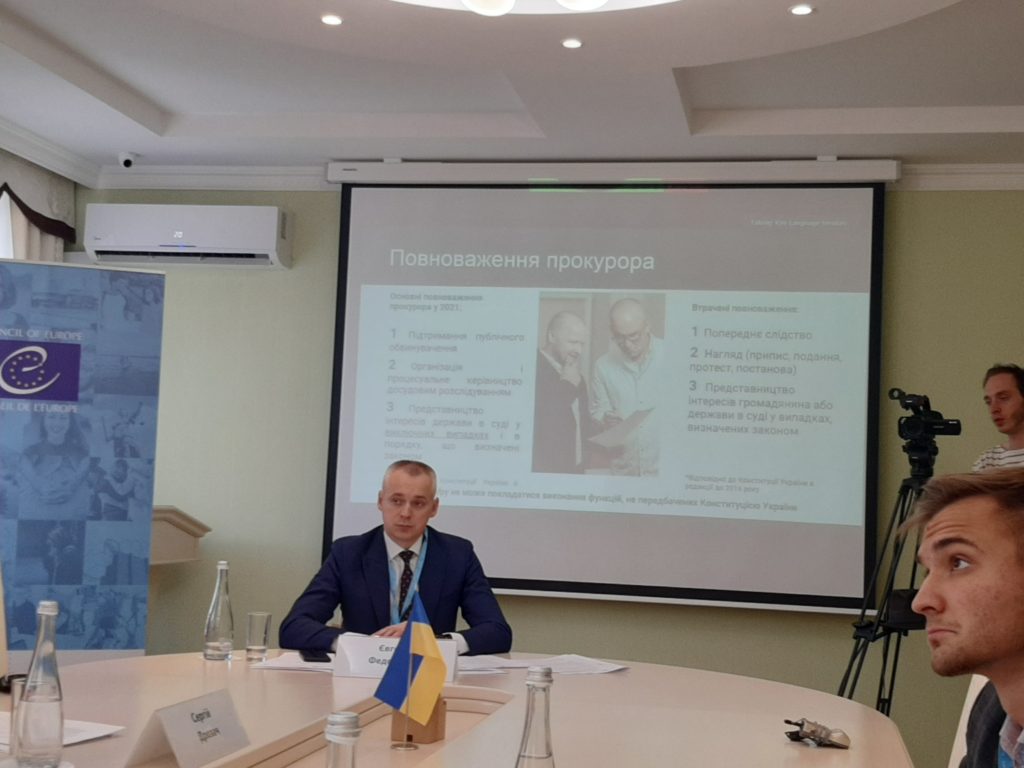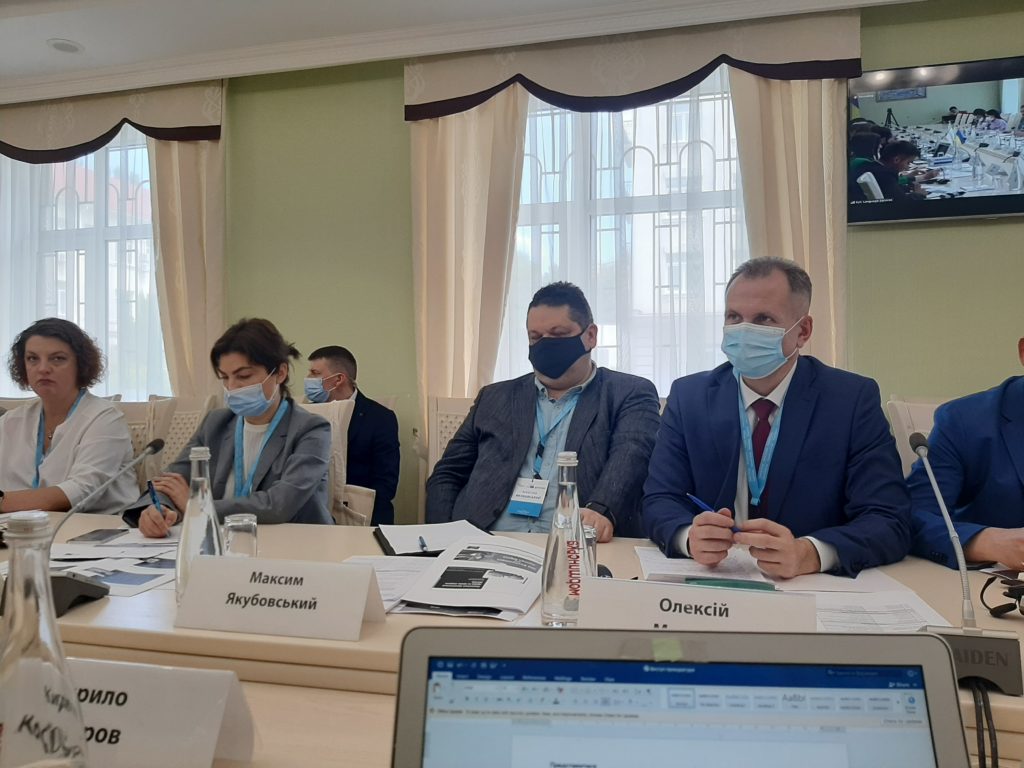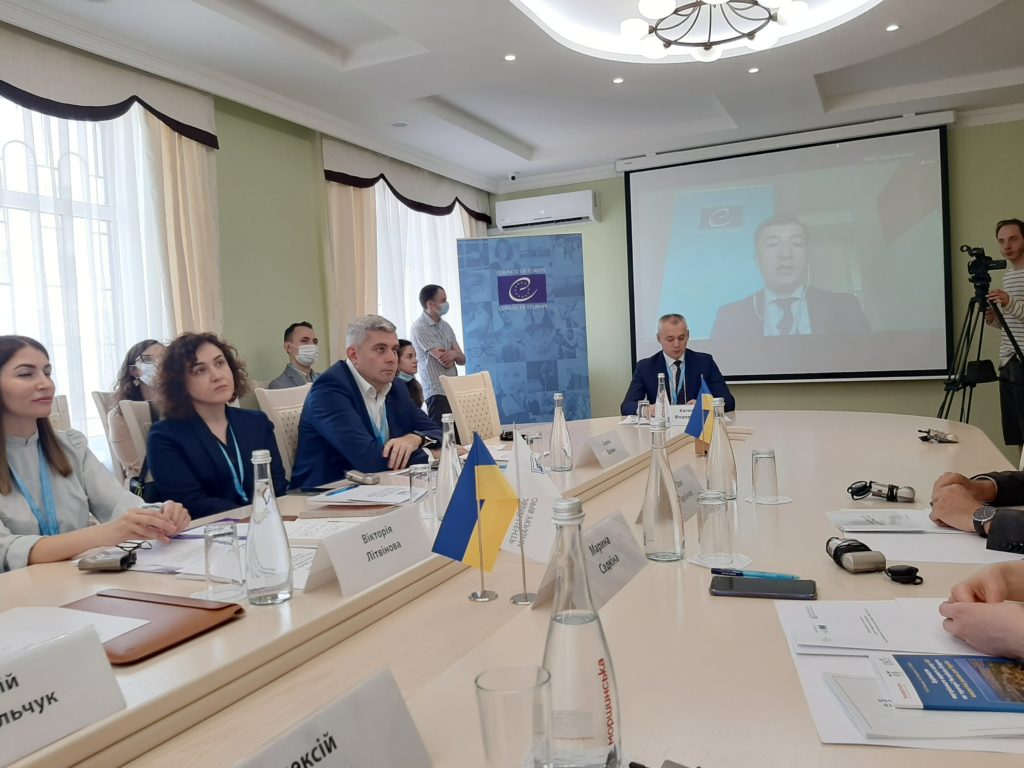Prosecutor General of Ukraine Iryna Venediktova, staff of the Specialized Environmental Prosecutor’s Office and representatives of the Directorate General Human Rights and Rule of Law of the Council of Europe met with representatives of environmental non-governmental organizations EPL, Ukrainian Nature Conservation Group, Association of Hazardous Waste Management Enterprises, Civil project “Ekoltava”, Save Dnipro, “Second Life”, “Office of the Environment”.
The meeting discussed the importance of combining criminal and environmental law, human rights and environmental protection, considered the approaches of Council of Europe specialists, as well as the possibility of public initiation of criminal proceedings, involvement of civil society representatives as experts and witnesses, and organization of joint trainings.
Iryna Venediktova emphasized: “Environmental problems are among the biggest challenges for Ukraine along with war and corruption. The situation is catastrophic, we have no one to shift this responsibility to, we need to act immediately for the future of our children. That is why we have created and are developing the Specialized Environmental Prosecutor’s Office, which is responsible for combating crimes against the environment. This is the first sectoral meeting and I hope that we will lay the vectors and prospects for our fruitful cooperation with the public.”
In their reports, Tigran Karapetyan and Carlo Chiaromonte, members of the Directorate General Human Rights and Rule of Law, spoke about the importance of combining human rights and environmental protection, ensuring international standards of criminal environmental law, and developing a new convention on environmental protection through criminal law and importance of international cooperation.
Natalia Kobylash, Senior Lawyer at the European Court of Human Rights, gave a presentation on “Environmental Criminal Law and Human Rights”, in which she presented slides on effective criminal investigation, environmental criminal law and victims, persecution and punishment.
EPL representatives stressed the need to select several strategic issues to address during the year. Such issues may include biodiversity conservation, protection of water bodies, illegal logging, night dumps and emissions by polluting enterprises. Members of EPL team also suggested a number of forms and methods of effective cooperation of environmental scientists, environmental lawyers with representatives of inter-district environmental prosecutor’s offices.
For more information, contact:
Olena Kravchenko, EPL executive director
Kateryna Polyanska, EPL environmental scientist
Email: office@epl.org.ua
Tel .: (032) 225 – 76 – 82




